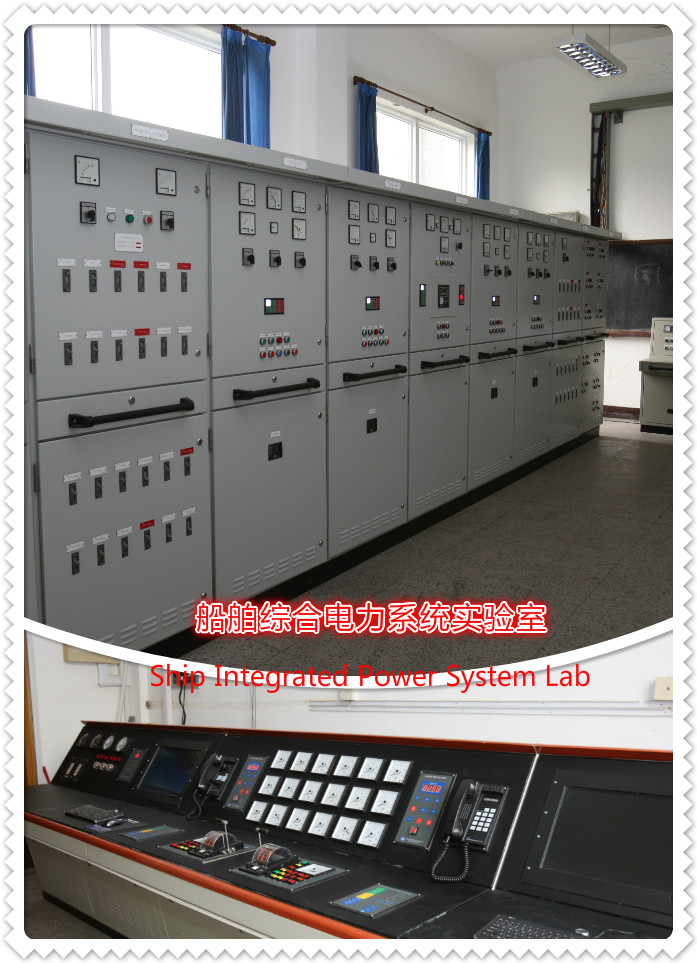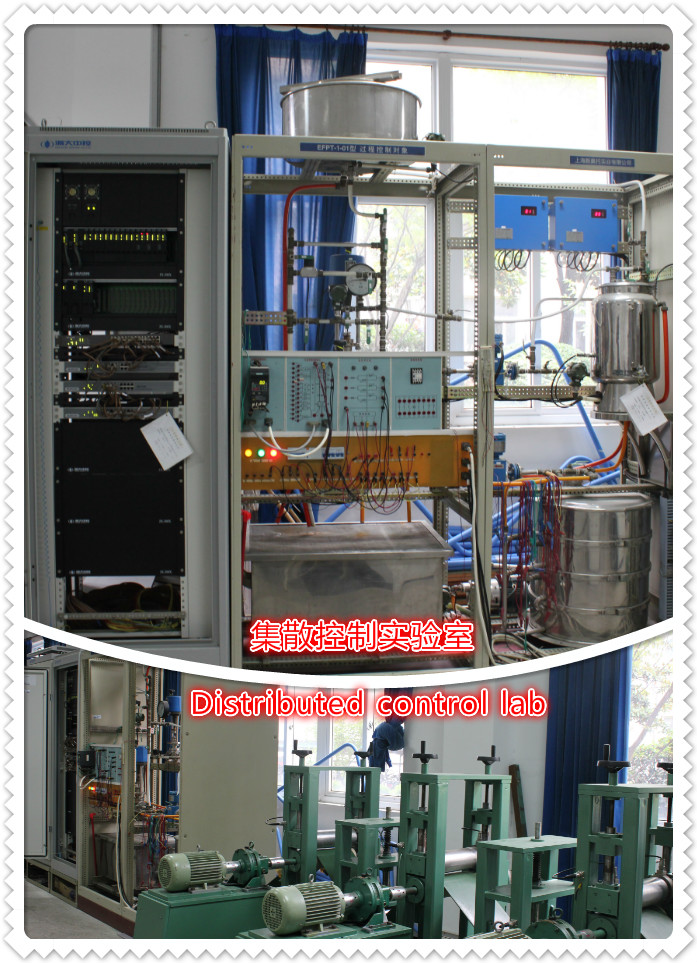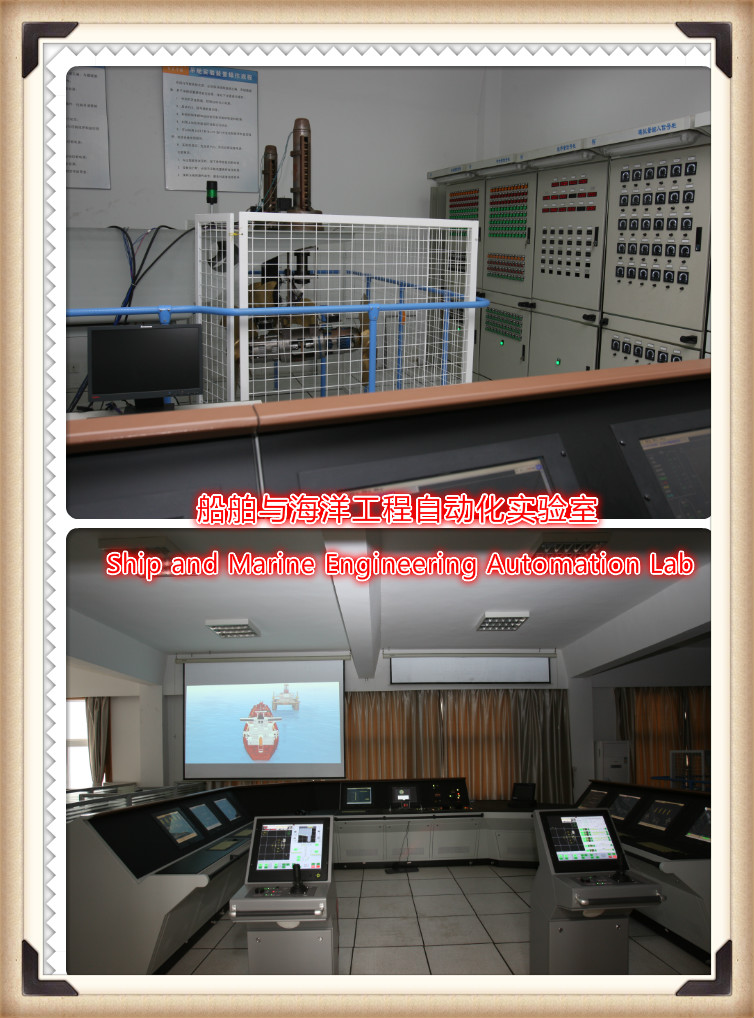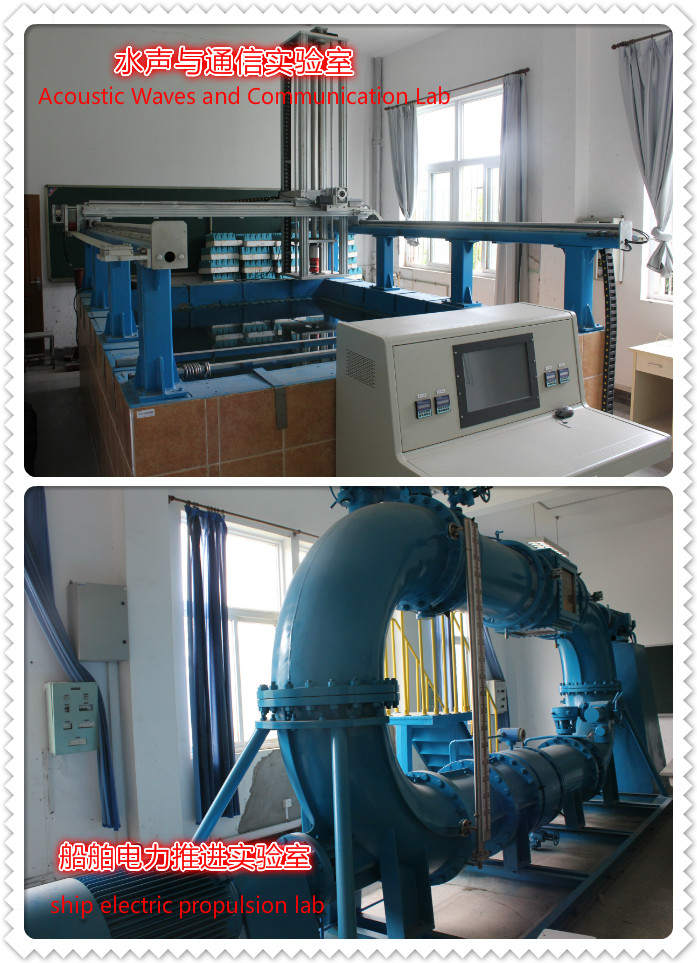Established in 1956, the School of Electronics and Information (SEI) enjoys a long history, beginning as a discipline of Ship Electrical Equipment at Shanghai Shipbuilding Industrial School, the predecessor of Jiangsu University of Science and Technology. After developing for over half a century, we are now one of the biggest schools at JUST. There are altogether 110 faculty members, including 15 professors and 33 associate professors. More than one-third of the faculty members are Ph.D. holders and over fifty percent of the rest hold Master’s degrees. Currently, we have about 1800 undergraduate students, and almost four hundred graduate students, including several international students.
SEI consists of two departments, three research centers and eight labs.
These departments are the Department of Automation and the Department of Electronic Engineering, providing teaching and academic programs for both undergraduate and graduate students. For the former, the programs include Automation (National Specialty, Provincial Key Discipline, and Provincial Excellence Pilot Program), Electronic Information Engineering (Provincial Excellence Pilot Program), Electrical Engineering and Automation, Electronic Information Science and Technology and Measurement Technology and Instruments. For the latter, we have Automation Science and Engineering, which is officially evaluated as a First-level Masters’ Degree Program. Meanwhile, there are other six university-level Master Programs. They are Automation Theory and Control Engineering, Signal and Information Processing, Power Electronics and Electrical Drives, System Engineering, Navigation Guidance and Control and Monitoring Technology and Automation Device. Also, two post-graduate student training areas are also provided, namely, Control Engineering and Electronics and Communication Engineering.
The research centers include a national experimental teaching center, a provincial experimental teaching center, and a provincial engineering technology research center. Additionally, eight labs are available; Undergraduate Innovation Lab, Control Science and Engineering Lab, Ship and Marine Engineering Automation Lab (i.e., Ship Equipment Integration Platform Lab), Ship Integrated Power System Lab, Information and Communication Engineering Lab, Acoustic Waves and Communication Lab, Ship Communication and Navigation Lab and Texas Instrument Digital Signal Processing Lab.





